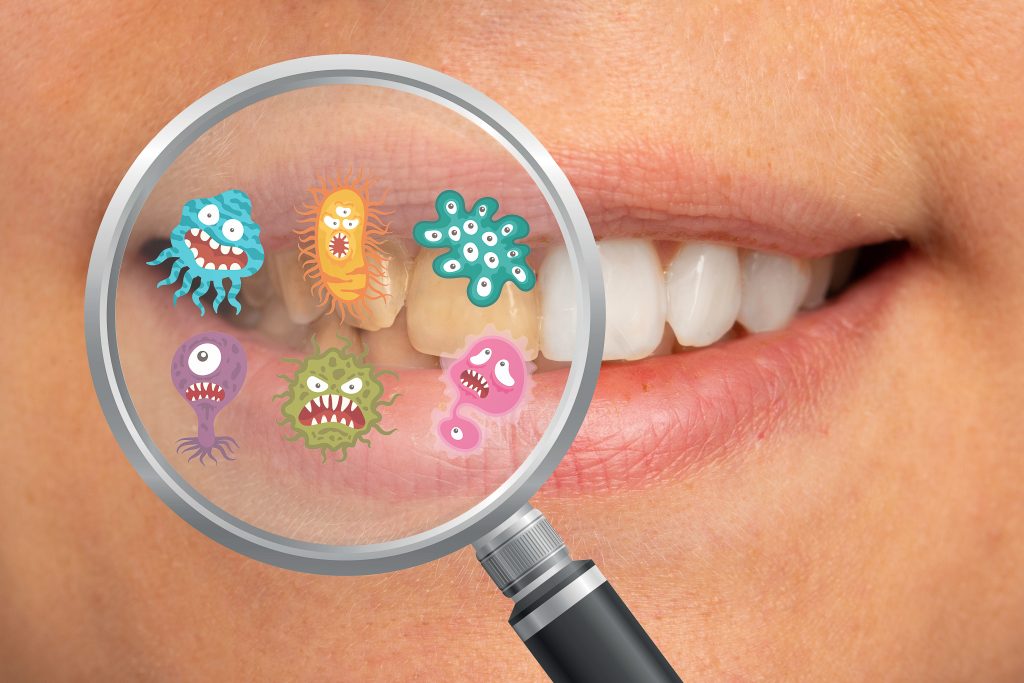Blog
Tips For Conquering Your Dental Fear Once And For All

It’s estimated that between 9% and 20% of Americans avoid going to the dentist because of dental anxiety or fear. This can seriously impact oral health, as it can lead to neglected dental care and an increased risk of gum disease and tooth decay.
There are many ways to conquer your fear of the dentist, and it’s important to find the best method.
Here are tips that can help you overcome your dental anxiety and get the dental care you need:
- Find a dentist who is understanding and sympathetic to your concerns.
- Schedule a consultation appointment to meet with the dentist and get a tour of the office.
- Talk to the dentist about your fears and ask questions about the procedures you are anxious about
- Choose a sedation option that will help you relax during your appointment.
- Reward yourself for conquering your fear and staying calm during your appointment.
If you are afraid of the dentist, don’t let that stop you from getting the dental care you need. Use these tips.
The first step is acknowledging your fear
The first step to conquering your dental fear is acknowledging that you have a fear and that it is normal to feel this way. It is important to understand that dental anxiety is very common and that there are ways to overcome it. Dental anxiety is often caused by a bad experience in the past, such as a painful procedure or a negative interaction with a dental professional. If you have had a bad experience in the past, it is important to understand that this does not mean that all dental experiences will be bad. There are many dentists who are very gentle and understanding, who will ensure you are comfortable during your appointment. It is also important to understand that dental fear is often caused by a lack of knowledge about what to expect from the dentist. Many people are afraid of the unknown, and if you don’t know what to expect at the dentist, it can be very scary. The best way to conquer your fear is to educate yourself about what to expect at the dentist. There are many resources available that can help you learn about dental procedures and what to expect. Reading about dental procedures or watching videos about them can help you feel more prepared and less afraid.
Educate yourself about what to expect
One of the best ways to conquer your dental fear is to educate yourself about what to expect from the dentist. There are many resources available that can help you learn about dental procedures and what to expect. Reading about dental procedures or watching videos about them can help you feel more prepared and less afraid.
Find a dentist you trust
Another important step to conquering your dental fear is finding a dentist you trust. It is important to find a dentist who is sympathetic to you and will meet your needs. It is also important to find a gentle dentist who will take the time to make sure you are comfortable during your appointment. Ask your friends for recommendations if you are unsure of local dentists. You can also read online reviews to find a dentist who is right for you.
Be an active participant in your care
One of the best ways to conquer your dental fear is to be an active participant in your care. This means that you should make sure to ask questions and voice any concerns you have. It is also important to let the dentist know if you are feeling pain or discomfort.
Reward yourself for conquering your fear
Last but not least, it is important to reward yourself for conquering your fear. This can help you feel proud of yourself and motivated to continue going to the dentist. After all, conquering your dental fear is a big accomplishment!
Conclusion
Dental anxiety is very common, but it is important to overcome your fear so that you can get the dental care you need. Use these tips to help you conquer your dental fear and get the dental care you need.
If you want to connect with dental specialists that will understand your circumstances and be gentle with your needs, visit our contact page to connect with us.
Lifetime Dental Excellence Wishes You a Happy Thanksgiving
The Ultimate Guide To Retainers: Do You Need Them And How To Care For Them

Do you need retainers? How do you take care of them? This article will give you all the answers you need about retainers.
A retainer is a dental appliance that is used to support teeth in their new position after orthodontic treatment. It is usually made of metal wire or clear plastic and fits over your teeth.
You may need to wear a retainer for a few months or years after your teeth have been straightened. The length of time will depend on how crooked your teeth were to begin with and how well you follow the instructions for wearing and caring for your retainer.
If you want to improve your smile, retainers are a great option. Keep reading to learn everything you need to know about retainers – including how to care for them and how they can help improve your smile!
Important retainer hygiene practices to keep in mind are below
1. It is important to clean your retainers every day to prevent bacteria growth.
2. There are many ways to clean your retainers, but we suggest using a dishwasher or soaking them in denture cleaner.
3. Be sure to brush your teeth and rinse your retainers before putting them back in your mouth.
4. It is also important to clean your retainer case. We recommend sanitizing it with boiling water or wiping it down with a bleach solution.
If you would like to connect with a dentist to discuss getting retainers and maintenance, visit our contact page to connect with a specialist.
How to Remove Plaque Without Extraction: A Comprehensive Guide

If you have ever wondered how to remove plaque without tooth extraction, you are not alone. Plaque is a sticky film of bacteria that forms on your teeth and gums, and it can be very difficult to remove. Plaque can cause tooth decay and gum disease, so it is important to keep your mouth clean and free of plaque.
There are several ways to remove plaque without tooth extraction, and this article will provide a comprehensive guide. We hope that this article will provide you with the information you need to keep your mouth healthy and plaque-free!
What is plaque?
Plaque is a sticky film of bacteria that forms on your teeth and gums. Plaque can cause tooth decay and gum disease. Plaque is made up of:
- Bacteria
- Saliva
- Food particles
When plaque forms on your teeth, it can be difficult to remove. Plaque can also cause bad breath.
The benefits of removing plaque
There are many benefits to removing plaque from your teeth, including:
- Prevention of tooth decay
- Prevention of gum disease
- Fresher breath
- Improved oral health
How to remove plaque without extraction
There are several ways to remove plaque without tooth extraction, including:
- Brushing your teeth regularly
- Flossing your teeth
- Using mouthwash
- Eating a healthy diet
- Avoiding sugary foods and drinks
Practicing these oral health tactics will guarantee you clean teeth and a bright smile. If you notice plaque on your teeth, visit our contact page to book an appointment with an expert dentist

